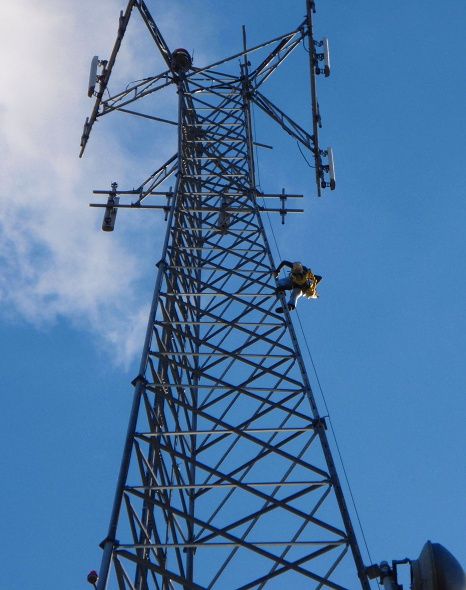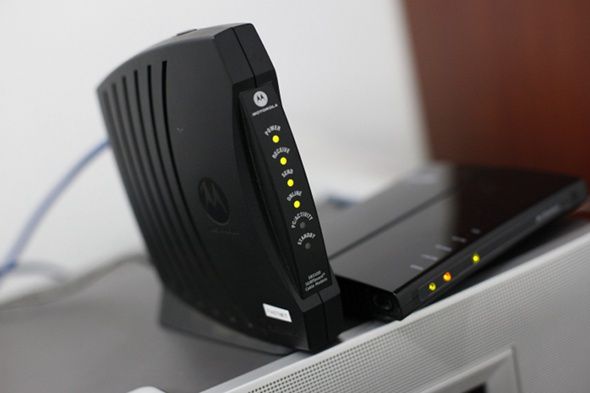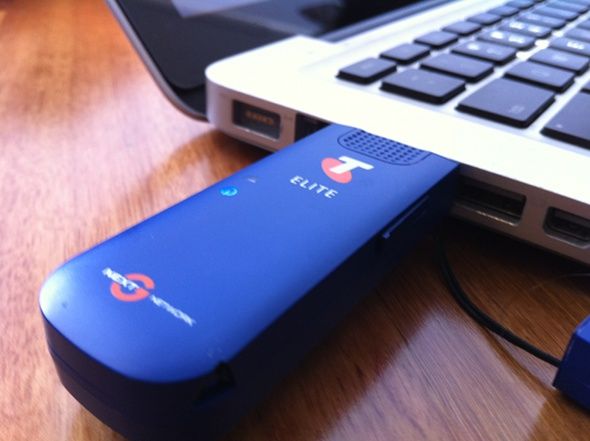Before the era of smartphones, we've always been used to getting our internet from good old cables, whether it be phone lines, broadband cable, or DSL. While those were pretty good options when they first came out (and they're still decent today, except dial-up), we're starting to go toward a more wireless world.
Especially now that a vast amount of phones sold today are smartphones rather than those simpler phones where you could only talk and maybe even text, wireless internet is definitely in demand.
But, why should wireless internet be for mobile devices only? Here are four reasons why I believe all devices, whether phones or desktop computers, will eventually start using wireless internet.
It's Fast
This may not have been a valid reason a few years back, but it certainly is now: the newest wireless internet services are fast. So fast, even, that it's challenging most wired internet services. Just look at the past timeline and see for yourself. EDGE was slow, 3G was decent, and 4G is blazin'. Just think about a couple more years down the road when 5G and 6G will come out (or whatever they'll be named by then). Scary in a good way, isn't it?
It'll Be Available Everywhere (If Not Already)
Wireless internet has one of the great benefits of not being tied to any cables, so all the service provider needs to do is set up a wireless tower instead of cables that connect to each home and a whole area is already served with wireless internet. In fact, a lot of the country already has access to wireless internet, so one can only expect that sometime in the future wireless internet will be accessible everywhere. Granted, not all areas will be served with the best technology the world has to offer, but there will most likely be some form of wireless internet.
Upgrading Is Easier
If you need to upgrade your internet, and you're using internet from a line, there's a good chance that you'll need to switch to a different type of line, or a new type of line needs to be laid to your house, or the line needs to be replaced with a newer version, or that it's impossible for you to upgrade at all.
With wireless internet, there are no lines that need to be switched or upgraded, as all communications run through the air. When a new technology comes out that enables data transfer through the air to go faster, a new level of service is created. All that needs to be done is for communication towers to be equipped with the new technology, and for you to upgrade any devices and modems to be able to use the new technology.
It's Compatible With Virtually All Devices
Did you know wireless internet is compatible with virtually all devices, even those you might not have thought would be? Sure, smartphones, tablets, and netbooks with built-in 3G or 4G service are compatible with wireless internet, but your desktop and even home server are compatible as well.
How so? You can continue to maintain your current WLAN/LAN home network, but simply replace the traditional DSL/Cable modem that connects to the router with a wireless internet modem. This way, you can enjoy the benefits of your personal home network and still get the increasingly fast wireless internet. Additionally, for people on the go, there are also internet sticks that simply plug into your laptop. It's that simple.
Conclusion
Wireless internet really is the way of the future, and it's quite simple to use and upgrade. Sure, wired internet still has its current benefits of high speed (although 4G is definitely challenging that fact) and higher reliability, but as the wireless technology keeps evolving, eventually there will be barely any incentives left for wired internet usage. Until then, we'll have to see how technologies evolve.
What's your opinion on this matter? Are there some points I missed? Do you think wired internet will always be the way to go? Let us know in the comments!
Image Credits: drainhook, Yi Shiang, BeauGiles, Man standing with laptop and wifi antenna via Shutterstock




